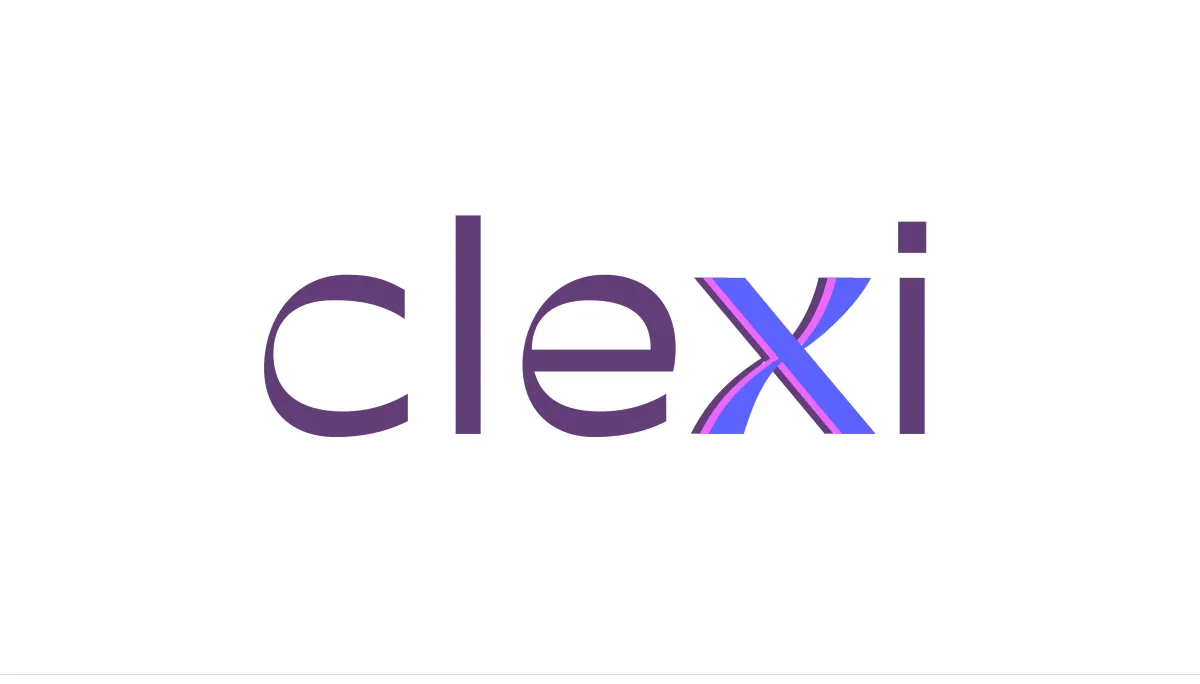
The "Come to You" Industry: Why It's on the Rise in the US and How It's Changing Service Experiences
The "Come to You" industry, encompassing services like mobile hair stylists, personal trainers, massage therapists, pet groomers, and more, has seen tremendous growth across the United States. More consumers are opting for on-demand, at-home services that bring convenience and flexibility to their lives, fundamentally changing how services are provided and received. As traditional business models evolve to meet the demands of the fast-paced, convenience-driven lifestyle, both customers and service providers are benefiting in unique ways.
Why the "Come to You" Industry is Growing
Several factors have spurred the rapid rise of this industry. One of the most significant is the shift towards convenience-oriented consumer behavior. A survey by McKinsey found that convenience is among the most important factors driving consumer decisions in the U.S., with people now prioritizing services that align with their busy schedules. Rather than taking time to travel to a salon or gym, many people now prefer to bring these services directly into their homes, fitting seamlessly into their lives.
Another factor is the digital transformation that makes it easier for service providers to connect directly with clients. Platforms like TaskRabbit, Rover, and StyleSeat allow professionals to offer specialized services directly to consumers, expanding the reach and efficiency of these providers. As a result, customers now have access to a wide range of skilled professionals in their area at the click of a button. According to Statista, the global market size of on-demand services is projected to exceed $335 billion by 2025, underscoring the appeal and scalability of the "Come to You" model.
Benefits for Customers: Convenience, Flexibility, and Personalization
One of the primary reasons customers are drawn to the "Come to You" industry is the unparalleled convenience it provides. Busy individuals, especially parents and professionals, often have limited time for errands and appointments. By having services like hairstyling, pet grooming, or even medical check-ups brought to their homes, they can save valuable time and energy.
Flexibility is another huge benefit. Many mobile service providers offer extended hours and are often available on weekends, giving clients the freedom to book appointments that work best with their schedules. In a traditional model, clients are limited to the hours of operation, which can be inconvenient for those working non-traditional hours or managing other commitments.
Personalization is an additional factor. When services are provided in the client's home, they can be more tailored to individual preferences. Many clients find that receiving services at home makes them feel more relaxed and comfortable, creating a better overall experience. An article in Forbes highlights that as clients become more accustomed to on-demand service models, they expect services to be not only accessible but also personalized and customer-centric.
Advantages for Service Providers: Autonomy, Earnings Potential, and Client Relationships
For service providers, the "Come to You" model offers benefits that traditional employment may not. One of the most significant advantages is autonomy. Mobile providers can set their schedules, select clients, and determine their rates. This level of control can be empowering for those in industries where flexibility is typically limited, allowing them to pursue their profession on their own terms.
The potential for higher earnings is another advantage. By removing the overhead costs associated with running a physical location, service providers can allocate more resources to enhance their offerings or boost their income. For instance, a mobile hairdresser doesn't have to pay rent for a salon space and can instead focus on high-quality products or services.
Lastly, the "Come to You" model fosters closer client-provider relationships. Working in a client's home creates a personal connection, allowing for a more intimate and trusting relationship. This can result in higher client satisfaction and loyalty, benefiting the provider through repeat business and referrals. A survey conducted by IBISWorld found that personal connection and trust are key drivers of loyalty, with many clients willing to pay a premium for services they feel are personalized and attentive.
Looking Ahead: The Future of On-Demand Services
The "Come to You" industry is positioned to continue expanding as more professionals adapt to this flexible business model and consumers prioritize convenience and personalization. As technology continues to streamline the connection between clients and providers, we can expect to see even more innovative services brought directly to our doors.
This model not only aligns with the current cultural emphasis on flexibility and autonomy but also addresses the demand for more personalized, convenient experiences. Whether it's due to a busy schedule or simply the desire for a more tailored experience, it's clear that the "Come to You" industry is meeting modern needs in ways traditional models cannot, and it's here to stay.
References:
McKinsey. “Meet the Next Normal Consumer.” McKinsey & Company, 2022.
Statista. “On-Demand Economy - Statistics & Facts.” Statista, 2023.
Forbes. “Why On-Demand Services Are the Future of Customer Experience.” Forbes, 2022.
IBISWorld. “The Rise of On-Demand Services and Their Impact on Consumer Loyalty.” IBISWorld, 2023.
This trend toward convenience and personalization is redefining industries and fostering closer connections between providers and clients, truly changing the service landscape in the U.S.




